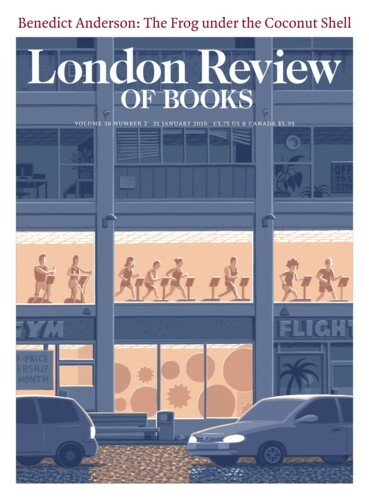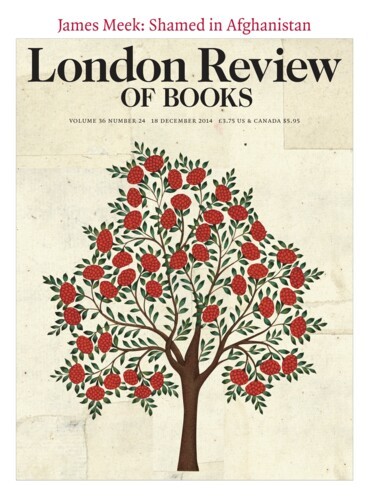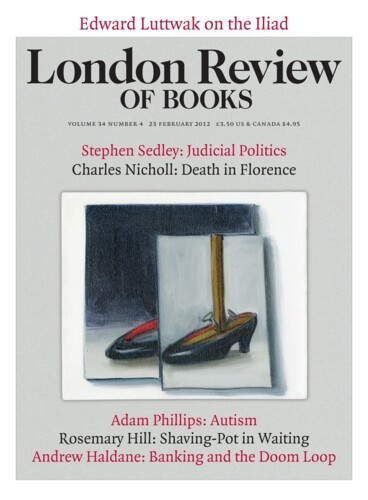Diary: City Regulation
W.G. Runciman, 21 January 2016
In 2008, Donald MacKenzie expounded to LRB readers with admirable clarity the workings of Libor (the London Interbank Offered Rate), which establishes the benchmark terms on which hundreds of trillions of dollars are lent and borrowed across the world every day.* It sometimes comes as a surprise to the uninitiated to learn that Libor has never been based on transactions which have actually...





